The Support Group at Swiss TPH
In 1989, staff of Swiss TPH founded the “Support Group at Swiss TPH”, an association of employees and friends of Swiss TPH with a constitution, a managing board and an annual general assembly. Anyone can become a member.
The aim of the association is to provide support to people and associations in resource-poor countries – particularly in the sense of helping people to help themselves. The funds raised are used entirely for the benefit of the projects.
Regulations for awarding support to a project
- Support of a local implementing agency/organization
- Support of poverty reducing measures
- Helping people to help themselves
- Sustainability
- Good cost efficiency
- Support of projects with clear objective, well defined start and end, prolongation possible after assessment of previous phase
- Detailed project description with transparent budget
- Maximum budget: CHF 3,000 - 5,000
- Outlining of the partner’s own contribution as part of the budget (contribution can be working hours or materials, not necessarily financial)
- Contact person of Swiss TPH to oversee the project on site
How to Apply for Project Funding
Become a member or donate
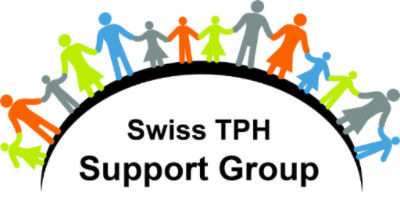
Contact
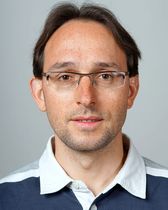
Peter Steinmann
PhD, PD
Head of Unit
+41612848229
peter.steinmann@swisstph.ch
Selected Documents
Annual Report
Project Highlights
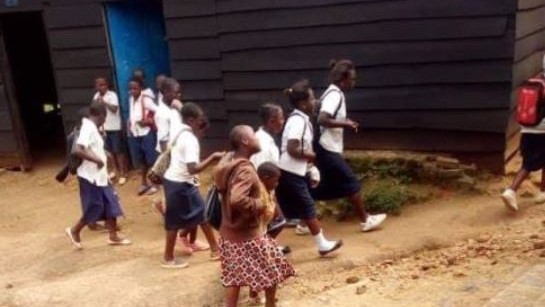
School Renovation in Botembo, DRC
The Basel-based association DarsiLaMano supports the École d'Unité in Botembo in North Kivu, which, unlike most schools, is open to all religions and accepts children who cannot pay school fees. The school building had major deficiencies, which were remedied last year with the financial help of the Support Group. The leaking roof was repaired, walls in danger of collapsing were renovated and plastered, and missing doors and windows were installed. In addition, the water connection was renewed and new signs were put up.
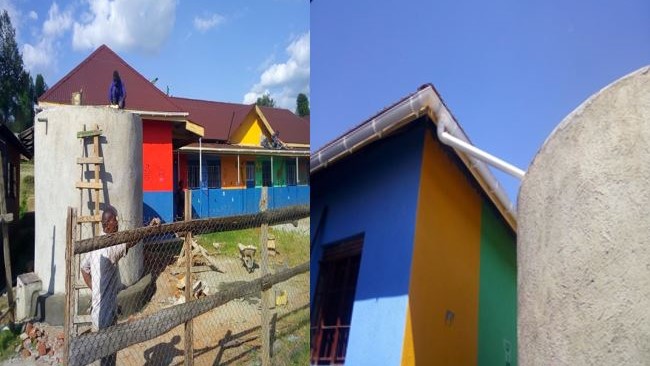
Water Tanks for Children's Home, Uganda
The Sky is the Limit - Integrated Children's Center in Fort Portal in western Uganda provides basic medical care, food, shelter and social welfare for numerous children from the region who are affected by poverty, as well as a basic education in the school founded for this purpose. The primary school enables about 300 children to attend school; about 30 children live permanently in the facility. To ensure the water supply, the Support Group financed the construction of two water tanks, which were completed last year despite difficulties caused by the pandemic.
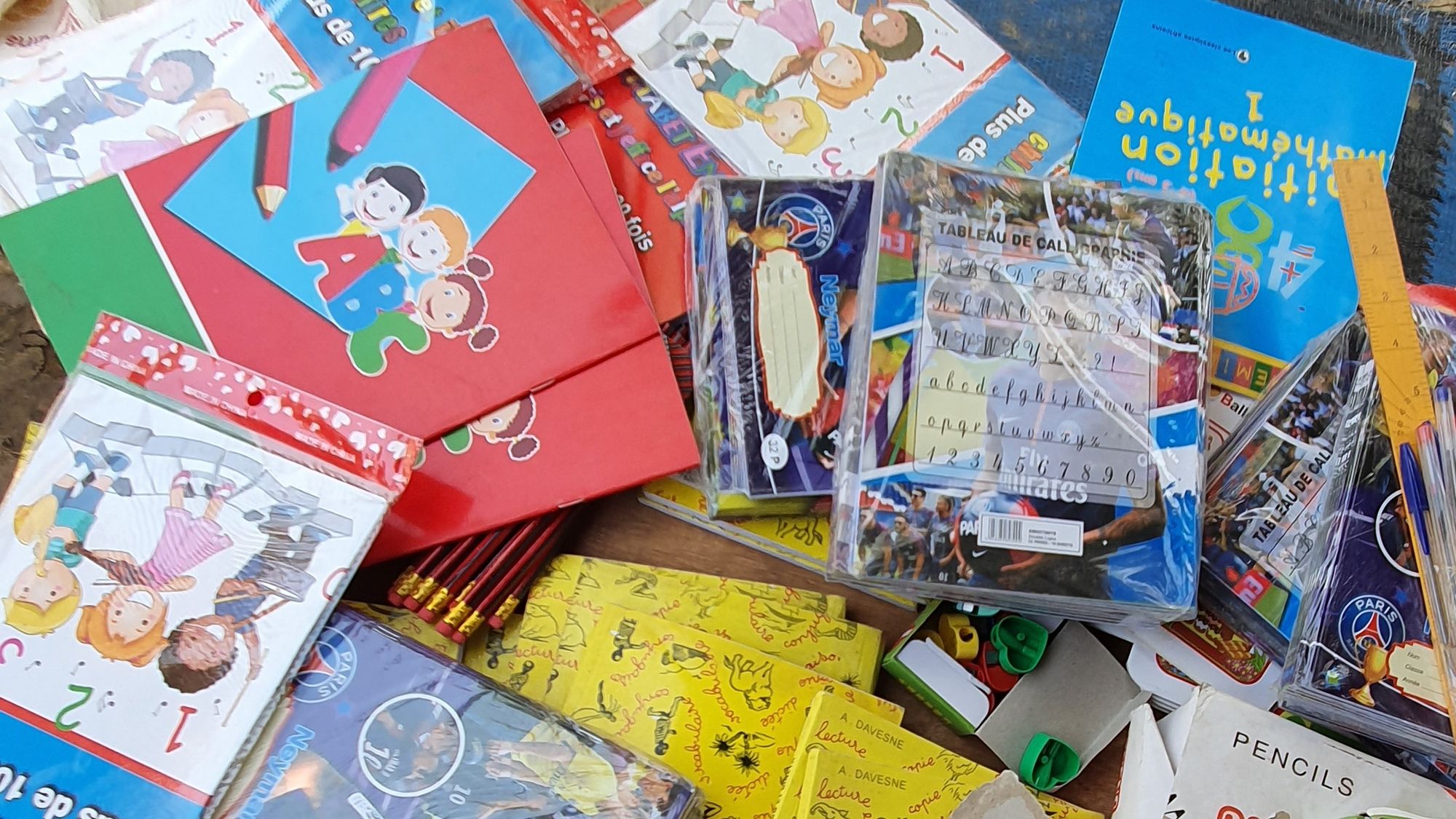
Literacy Courses in Chad
In order to combat illiteracy among young people in Batha and contribute to their education, the NGO Femme Avenir aims to teach young people over a period of 10 months. The Support Group financed the purchase of school desks, teaching materials and the construction of toilets. Due to the pandemic, there were delays here as well, but at the beginning of March this year, the first courses were finally able to start.
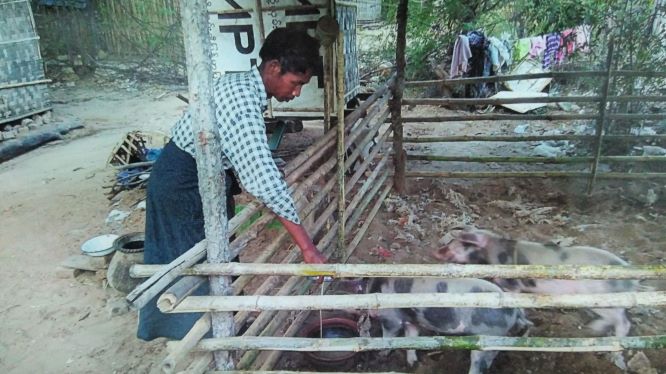
Rehabilitation Project in Myanmar
The Myiatta Arr Marn association aims to make a sustainable contribution to improving the socio-economic status of people affected by leprosy and to promote their self-reliance and standing. The Support Group supported the project by financing 60 male and female young pigs. These were distributed to 30 families in three former leprosy colonies in order to provide them with a basis for pig breeding and thus combat poverty. The families have to pay back the contribution after one year, either in the form of two young pigs or the equivalent in cash, so that more families can benefit from the support the following year.
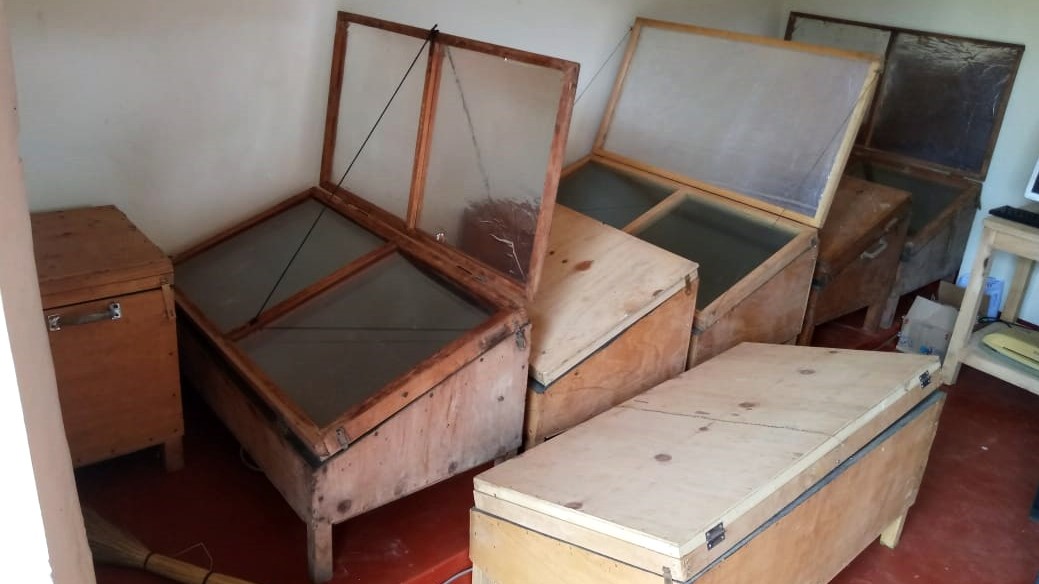
Moyo Wangu Environmental Centre in Kenya
The self-help project Msumarini, founded 20 years ago in a small village on the north coast of Kenya, aims to improve the quality of life of the inhabitants and to stop the increasing rural exodus. In the newly founded environmental centre Moyo Wangu, people are learning how to build solar lamps, cook, bake and disinfect drinking water with solar energy, avoid waste, up-cycling and traditional farming methods. The Support Group funded the material for the construction of solar cookers and dryers, tools and seeds for the raised beds and a solar system for mobile power supply.
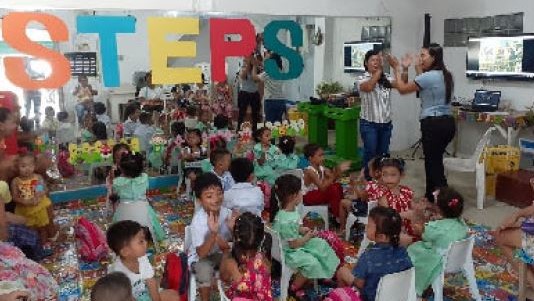
STEPS Learning Programme, Philippines
In the Philippines, about 40% of primary school students in public schools cannot read and only 20% of 3-4 year olds attend kindergarten. The Worldwide Familia Mission in Bohol developed STEPS (Specialised Training and Education for Preschool Students), a learning programme to prepare preschool students for public school. STEPS offers 10-month courses in which 40 to 50 children learn daily in two to three groups using combinations of various modern teaching methods and audio-visual resources. STEPS has already been established in several locations and is now extended to other islands. The Support Group provided the financial means for the purchase of materials for the schools.
Project Partners
Responsibilities
Chairman: Peter Steinmann, Cashier: Helena Greter
Project Management: Christian Auer, Helena Greter, Michael Käser, Tanja Barth-Jaeggi, Fabian Schär, Leon Stieger, Anna Stürmann
Auditors: Till Voss
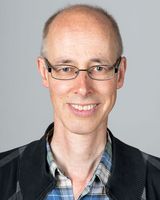 Christian Auer
Christian Auer
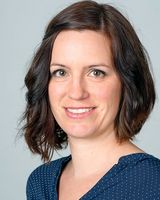 Tanja Barth-Jaeggi
Tanja Barth-Jaeggi
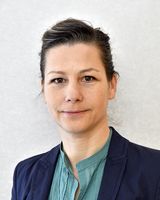 Helena Greter
Helena Greter
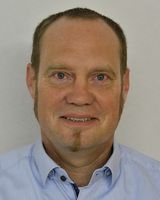 Michael Käser
Michael Käser
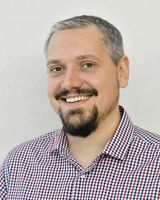 Fabian Schär
Fabian Schär
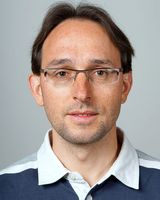 Peter Steinmann
Peter Steinmann
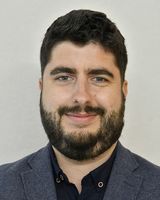 Leon Stieger
Leon Stieger
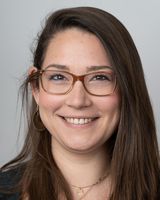 Anna Stürmann
Anna Stürmann